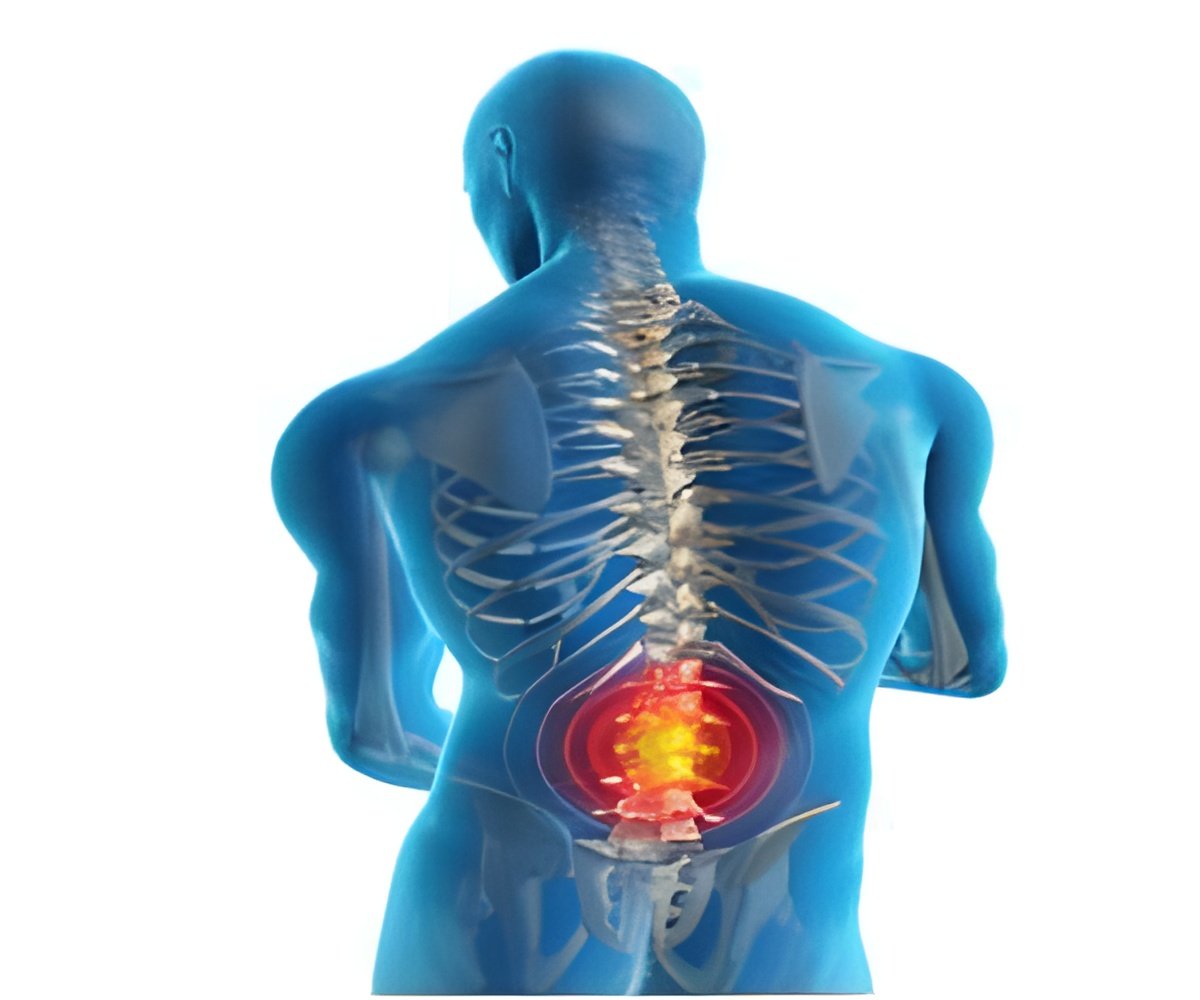
"I wanted to find out whether patients' low back pain could be alleviated in the long run if primary care clinics could offer examinations and treatment by a physiotherapist without any delay in the form of a doctor's referral or waiting list," Lena Nordeman, a registered physiotherapist and researcher at the Sahlgrenska Academy, said.
As part of her thesis, she therefore carried out a study in a same-day appointment model with the option of going straight to a physiotherapist, with or without a referral from a doctor.
The effect of receiving an examination and treatment within 48 hours was subsequently evaluated compared to being on a waiting list for four weeks before receiving the same treatment.
60 patients with low back pain for 3-12 weeks took part in the study, which was carried out in primary health care in Sodra Alvsborg, south-west Sweden.
"We saw that both groups improved after the treatment ended," Nordeman said.
Advertisement
Nordeman draws the conclusion that early examination and treatment by a physiotherapist as soon as a patient asks for care could be important for reducing low back pain in the long term.
Advertisement
A follow-up after two years revealed that the walk test was a good predictor of both future ability to work and limitations in everyday activities.
It is recommended that patients with long-term widespread pain or fibromyalgia be given education and a physical exercise programme to help alleviate their symptoms.
Nordeman's thesis also looked at which patients benefit most from this treatment. 166 patients with widespread pain or fibromyalgia from Gothenburg, Uddevalla and Alingsas were randomly divided into two groups.
The first of which was given a six-session education programme and 20-week pool exercise programme supervised by a physiotherapist, while the second was given just the education programme.
"We saw that the group that received both the education and the physical exercise programme showed the greatest improvement in perceived health, and that patients with moderate symptoms benefited most from exercise," Nordeman concluded.
Source-ANI















